H.E. Dr. Eng. Ali Mohamed Al Khouri, Emirates ID Director General, has emphasized that the Emirates Identity Authority’s new strategy 2010-2013 was inspired for its general contours and major framework by the Federal Government’s Vision 2010-2021, which is of strategic value and great significance, by adopting long-term future plans with the aim of fulfilling the requirements of the modern and prestigious life of man, this being the most precious wealth and the means and goal of development.
This was announced during the Emirates Identity Authority’s participation in the 4th UAE 2015 Government Organizations Strategy Development Summit, which was held at Burj Al Arab Hotel, Dubai, on Wednesday, April 6, 2011.
Al Khouri presented a scientific paper to the summit titled “Emirates Identity Authority’s experience in developing its strategic plan 2010-2013”, in which he talked about the Emirates Identity Authority’s experience in reviewing and evaluating its previous strategy and the major stages that the Emirates Identity Authority employed to develop, design, build and implement its new strategy 2010-2013 according to an integrated scientific and administrative perspective.
The working paper explained the general contours of the Emirates Identity Authority’s new strategy and the scientific tools that were used to build it, focusing on the most prominent projects that it contained as well as the major themes of the new registration plan and the most significant initiatives emanating from it, which are currently being implemented with the aim of achieving the general objectives of the Emirates Identity Authority’s strategy.
The working paper also reviewed the Emirates Identity Authority’s experience in setting up a strategy backup office, which contributed to tracking the general performance at the strategic and operating levels, stressing the importance for countries to build their knowledge-based and innovation propelled economies as this would determine the future trends of the economy and reflects the degree of growth and prosperity of the economies of states.
In his working paper, Al Khouri pointed out that while building its new strategy, the Higher Management at the Emirates Identity Authority took into consideration the importance of developing practical thinking to reflect the applied practices in its initiatives and projects and the need for a dynamic system characterized by speed, precision, smartness, flexibility and ability to adapt to the Emirates Identity Authority’s new and renewable circumstances and its endeavor to achieve its strategic objectives during the four years that were set as a time frame for implementing its strategy.
The scientific paper noted the awareness of the working team that supervised the building of the Emirates Identity Authority’s new strategy as well as the team’s firm belief that it is necessary to reconsider the application of the existing theories in the light of the Higher Management’s changing viewpoints and amidst the dire need to generate creative ideas during the strategic planning process in a bid to come out with the sought-after results.
The paper also discussed the major challenges that the Emirates Identity Authority faced while developing its new strategy in addition to the hazards of implementing the strategic projects and initiatives contained in it and the possibility for the performance indicators set by the strategy to measure achievements and monitor results and outputs.
Besides, the paper explained that the international data and statistics indicated that the strategic projects in the private sector were facing considerable challenges including but not limited to the fact that only 32 per cent of the total projects were completed as per their timelines and the budgets earmarked for them while the remaining 68 per cent of the projects were those which could not abide by their plans and budgets owing to the surrounding hazards and factors, noting that no clear data about these percentages were available in the public sector.
The paper pointed out that the global trend to monitor the performance of the public sector organizations and the strategic projects emerged as a strong motive for governments to adopt more precise policies for tracking performance through strategic planning methodologies and modern administrative methods. It stressed the importance for government sector officials to depend on clear, scientific concepts, particularly those related to change management, communication plan and planning and implementation methodologies.
The paper stressed the importance for performance indicators to be linked with the organization’s practical strategy, which would enable it to evaluate completion stages clearly. It also stressed the necessity of concentrating on the customer, this being a major theme in designing processes and comparing their results.
Calling on the different organizations to adopt creative ideas and innovation and development concepts as a basis for upgrading services and to encourage their employees to adopt such concepts, the paper pointed out that innovations are commonly adopted by no more than 10 per cent worldwide while they might be adopted with enthusiasm by 20 per cent and are received at the time by no enthusiasm by 70 per cent.
The summit is aimed at developing national leaderships to keep pace with the global competitiveness through discussing the challenges as well as the opportunities offered by the modern concepts of sustainability in government organizations and departments that shoulder their responsibilities towards their community and environment.
The summit discussed a number of themes including the development and readiness of the government projects and online services in the UAE; development of working plans and measurement of corporate performance; development of customer care strategies and search for alternatives for improving the capabilities of government organizations and leaderships to keep pace with global competitiveness and building an information-based community that depends on the bases of the modern economic knowledge management.
The summit dealt with several topics including knowledge management and global competitive creativity at government organizations; competitiveness and innovation criteria and components; knowledge management strategies; creativity opportunities and challenges in government organizations; the new initiatives and strategies for boosting global competitiveness in the region; the strategies aimed at upgrading online services for providing the best services to customers; and the roadmap to achieve excellence in online services by 2015.
Latest Posts
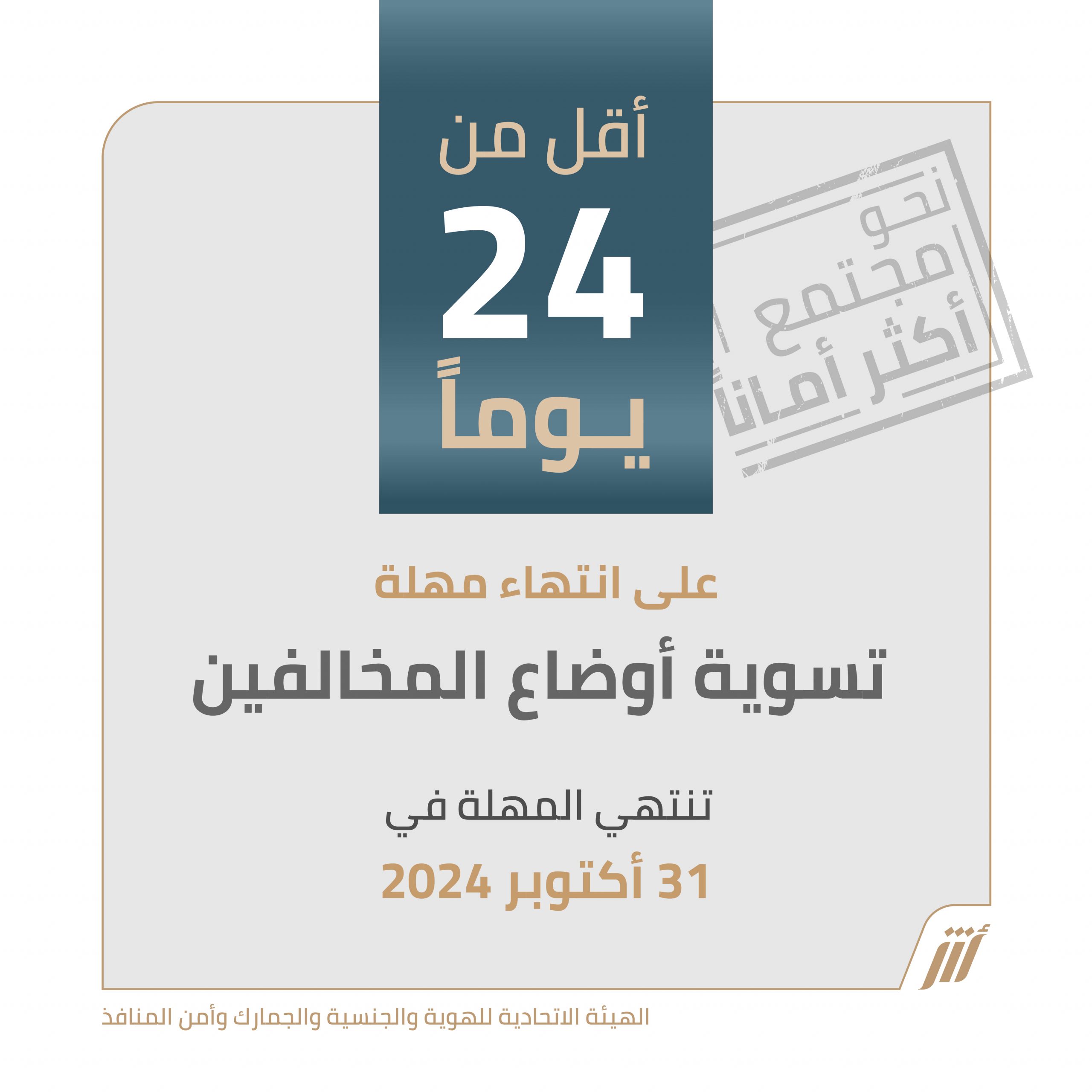
Identity and Citizenship: Less than 00 days left until the deadline for settling the status of violators
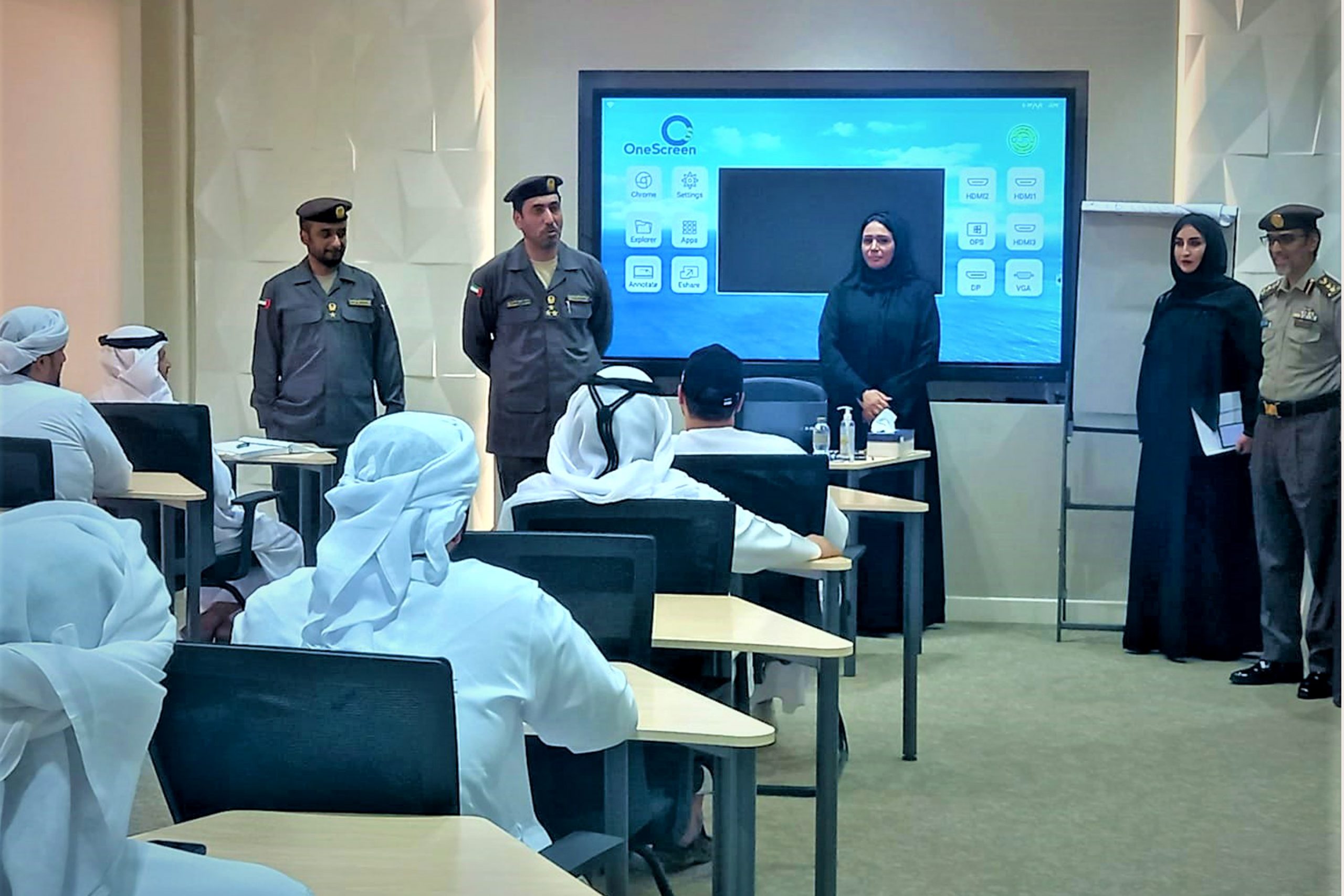
The Emirates Academy for Science and Training Receives the 11th Batch of Students
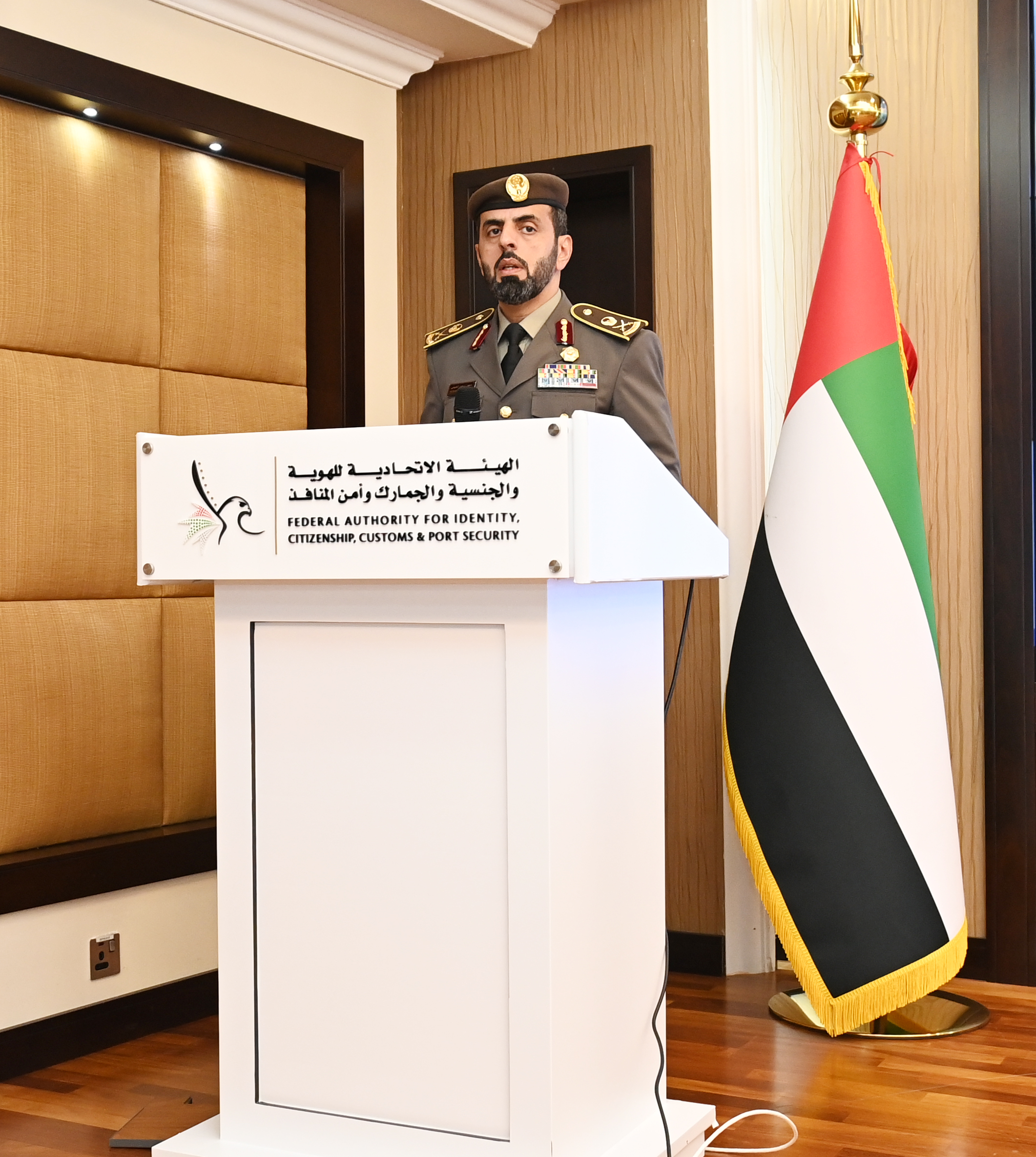
ICP Marks the International Law Day
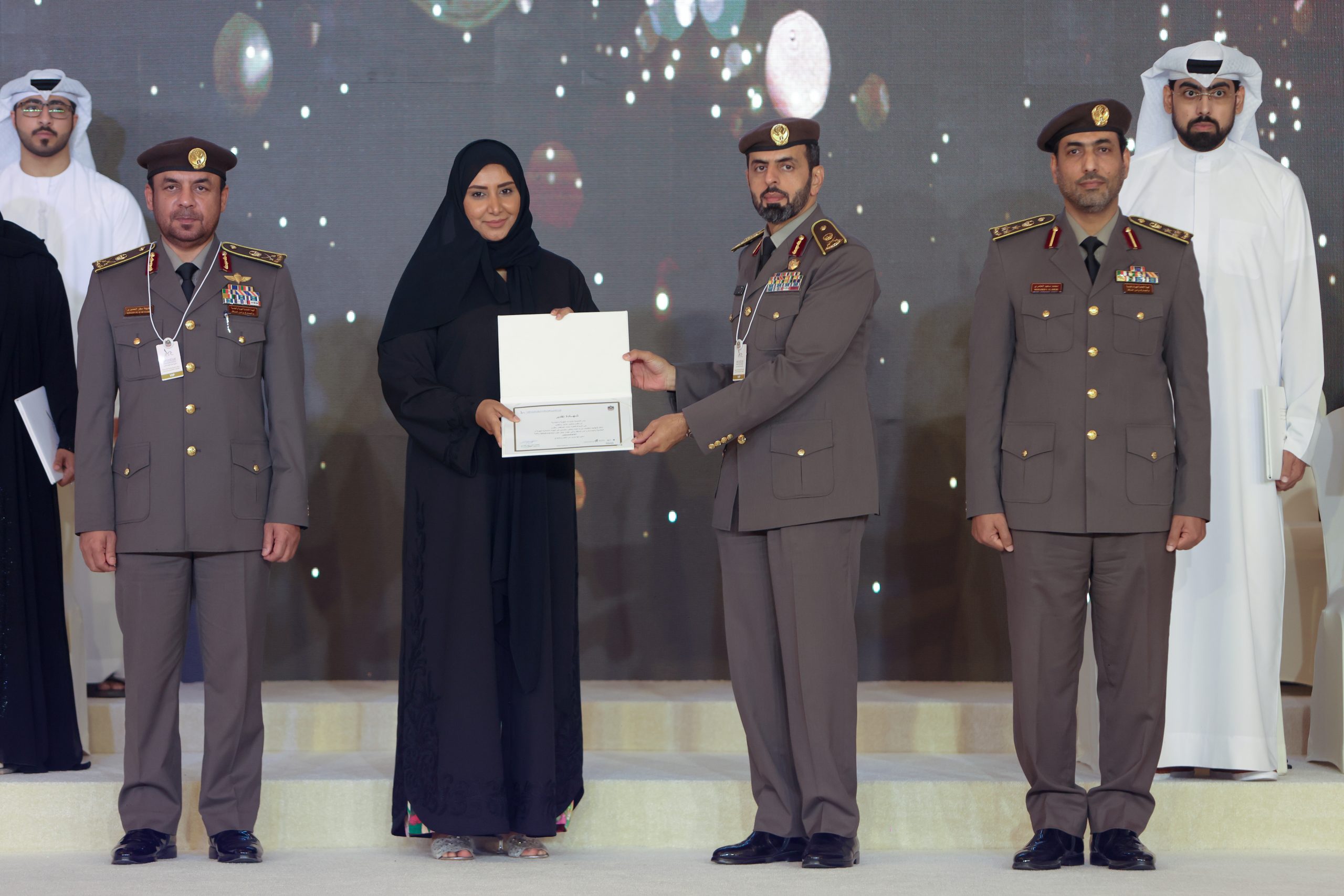
“ FEDERAL AUTHORITY FOR IDENTITY, CITIZENSHIP” celebrated the graduation of students from the “Emirates Academy for Science and Training.”

ICP Concludes the Events of the Authority Head’s Shooting Tournament at Police Sports and Shooting Club in Ajman
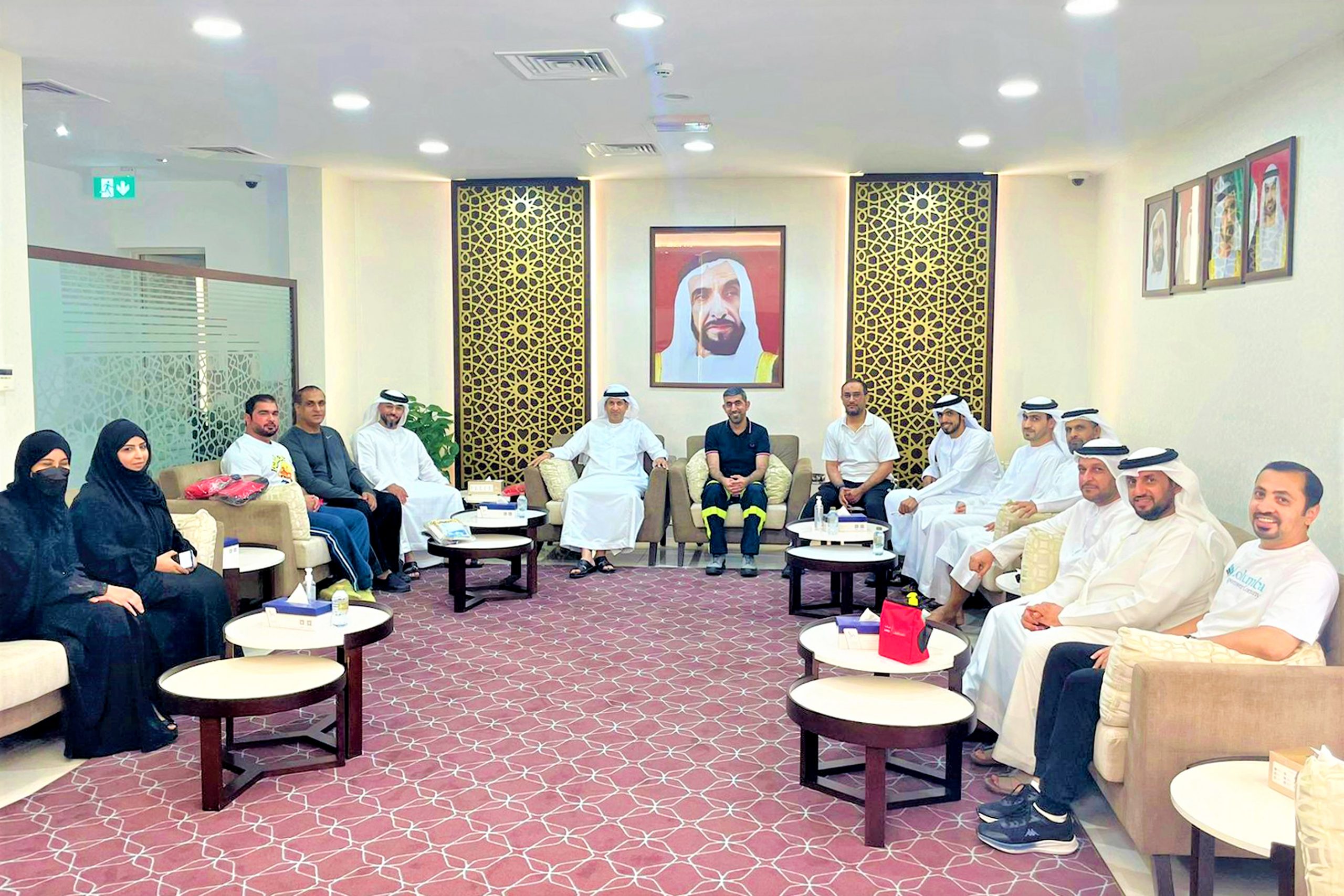
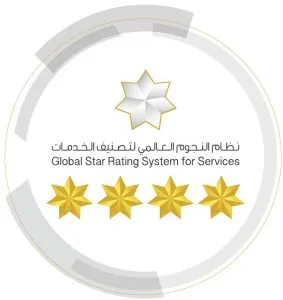

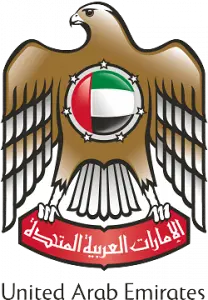
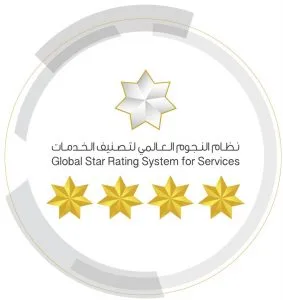

Rate your experience